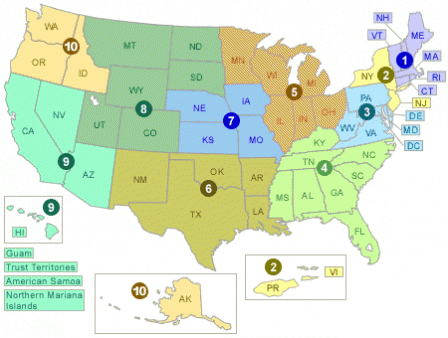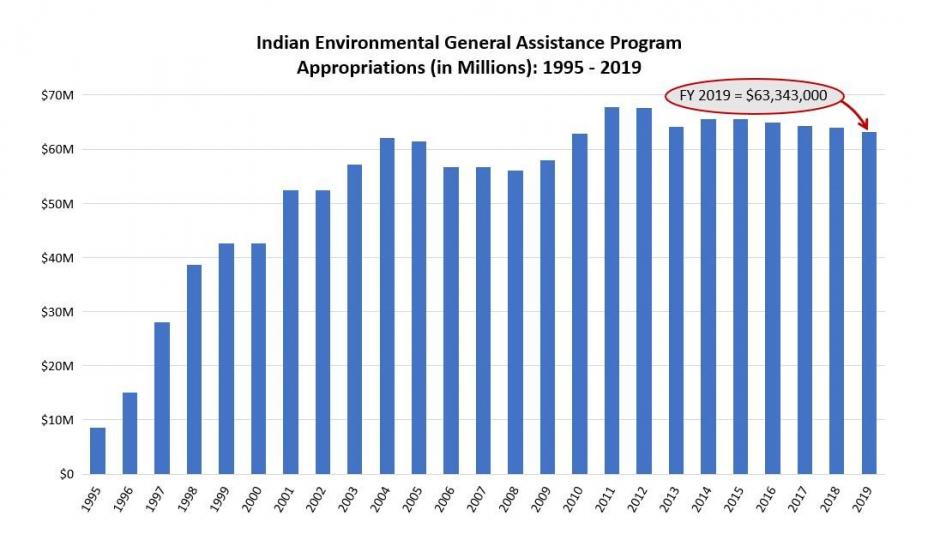Indian Environmental General Assistance Program (GAP)
On this page
Overview
In 1992, Congress passed the Indian Environmental General Assistance Program Act. This act authorized EPA to provide General Assistance Program (GAP) grants to federally recognized tribes and tribal consortia for planning, developing and establishing environmental protection programs in Indian country, and for developing and implementing solid and hazardous waste programs on tribal lands.
The goal of GAP (CFDA 66.926) is to assist tribes and intertribal consortia in developing the capacity to manage their own environmental protection programs and to develop and implement solid and hazardous waste programs in accordance with individual tribal needs and applicable federal laws and regulations.
GAP Online is a tool for GAP grantees and EPA project officers to develop and review work plans and progress reports.
GAP Guidance & Training
- 2013 Guidance on the Award and Management of General Assistance Agreements for Tribes and Intertribal Consortia
- Frequently Asked Questions about GAP
- GAP Guidance Evaluation Information Conference Call/Webinar Slides
- Solid Waste Collection, Transportation, Backhaul and Disposal Activities
- Legal Provisions and Policies Applicable to EPA's GAP Guidance
- Indian Environmental General Assistance Program Guiding Principles
GAP Guidance Evaluation & Revisions
One of the Office of International and Tribal Affairs’ (OITA) priorities for FY19 is the ongoing evaluation of the current guidance for administering financial assistance to tribes and intertribal consortia under GAP (the 2013 GAP Guidance). The GAP Guidance Evaluation will conclude with OITA’s issuance of revised national guidance. This work is currently underway and more information regarding the GAP Guidance Evaluation can be found in this section.
- GGE Tribal Consultation Letter
- GGE Informational Webinar Slides
- Summary of Past Feedback on 2013 GAP Guidance
- GAP Guidance Evaluation Phase 1 Tribal Comment Summary
Historical GAP Funding
Since GAP was established, Congress has appropriated annual national program funding. Historical funding levels are displayed below.



